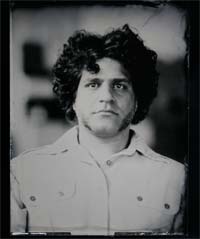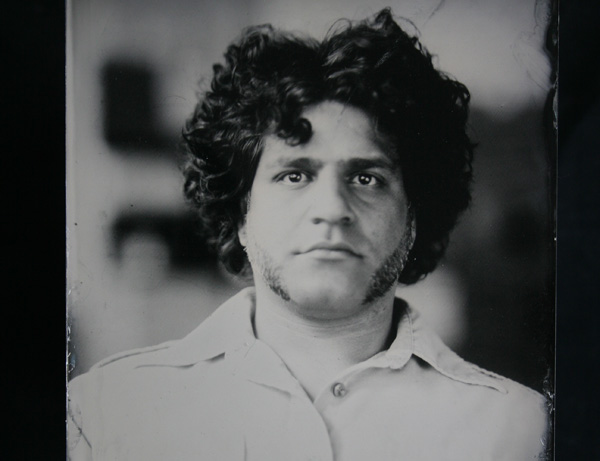Each week, World in Stereo examines classic and modern world music while striving for a greater appreciation of other cultures.

Christopher Cavaliere: “Étude 7 (Brazilian March)” (Monrovia Suite, self-released, 8/13/10)
[audio:https://alarm-magazine.com/wp-content/uploads/2010/12/07-Track-7.mp3|titles=Christopher Cavaliere: “Etude 7 (Brazilian March)”]With his self-released album Monrovia Suite, multi-instrumentalist Christopher Cavaliere presents a tightly wound collection of worldly instrumental tracks. Accessible yet avant garde, the album exudes a patience and grace towards composition that may be best demonstrated by those schooled in jazz and classical music.
The young virtuoso, hailing from Bridgeport, Connecticut, has a knack for turning his solo routine into a swelling symphonic experience. In the same style as Frédéric Chopin and other great composers, Cavaliere has titled his songs as études. It’s a compelling choice warranted by the album’s dynamic lushness, timeless guitar intercessions, and rhythmic complexity. The songs can be heard as studies in the sense of composition, arrangement, and tone. For listeners, it’s a helpful way to frame the album, imagining the songs more like movements or motifs in the traditional classical sense.
Renting a house off the Historical Society in the neighboring town of Monroe, Cavaliere spent half of his time writing and ironing out tracks in the 300-year-old residence. Named after the vintage setting that inspired much of the album, Monrovia Suite is a cascading collection of classical exercises from a modern composer’s state of mind.
The record features eight original compositions recorded at the American Fabrics Building, an old fabrics factory turned art space in Bridgeport. What can be easily mistaken for a subtle chamber group is the sole work of Cavaliere using a mixture of digital and analog recording gear, with a heavy emphasis on guitar pedals, to create an electronic soundscape.
Beginning with “Étude 1 (Percuss),” there’s no denying Cavaliere’s technical ability. Layering guitars in multiplicity and bass and drums in a ferocious complexity, the composition is highly melodic yet slightly dissonant. “Étude 6 (Idiot Box)” showcases the same inventiveness, as the instruments converse with one another in a dynamic that sounds like a full band.
But it’s études like number 2 (“Parmagina”) where Cavaliere really flexes his classical training. It’s a picturesque composition, bittersweet and familiar in delivery — a song whose loneliness lingers long after it’s over. In a brilliant transition into “Étude 3 (Chorale),” the somber guitar fades and Cavaliere’s falsetto begins a choral performance in the album’s only vocal outing. It’s a dense exercise of vocal harmonies that appear to unfold as they become more complicated; the track seems to show Cavaliere’s musical process taking shape as he’s experimenting with his own voice.
Cavaliere’s instruments, much like his vocals, are audible extensions of his body. Though there are more challenging tracks than not, the album is rewarding to those who appreciate Cavaliere’s musical manipulation. As the études show, he takes guise as a modern composer when, really, he’s rooted in tradition and continuously pushing the art of composing as a whole. With its endearing arrangements and inspired originality, one can only hope for Monrovia Suite to be the first of many in Caveliere’s solo ventures.

